
As “The Poker Philosopher”, and in honor of one of my favorite non-poker blogs, I occasionally consider the ethical dimensions of a high-profile controversy or occurrence in the poker community. This is the first in a series of posts about the major players in the recent Poker Stars – Full Tilt Poker – Department of Justice settlement. Older editions of The Poker Ethicist are available in the archives.
Q: As you’ve probably heard by now, the Department of Justice recently approved a settlement in which PokerStars will buy the remaining assets of Full Tilt Poker, pay a fine to the DOJ, restore the FTP balances of non-American players, and ultimately re-open the site. American players (more specifically those of us who were Americans as of June 29, 2011), via a process yet to be determined, will be able to apply to the DOJ for restitution of our money. The online poker community, myself included, is understandably elated about this near-ideal resolution to perhaps the darkest chapter in our short history.
Many direct their gratitude towards PokerStars. The word “savior” has been tossed around liberally. Numerous Stars-sponsored players have expressed pride at representing the company. Short Stacked Shamus, in a characteristically entertaining blog post, paints PokerStars as the hero in a John Wayne-esque narrative of law-breaking and vigilantism. Dominic Kofert, CEO of PokerStrategy.com, sees them as the benevolent dictator of the new world order of online poker:
Once the acquisition is completed and Full Tilt goes back online, PokerStars, which already has a world-wide market share of around 60%, will have substantially grown the margin by which it is the largest operator in the world. With most competitors severely struggling, I will not be surprised if PokerStars/Full Tilt’s market share reaches 75% by the end of 2013.
For many, this market dominance will be something to worry about. However, judging by PokerStars’ conduct over the past years and assuming that the company’s great philosophy does not change now that PokerStars.com co-founder Isai Scheinberg has to step down, I think that PokerStars will act responsibly and with the players in mind going forward – as it has always done in the past.
Do we owe PokerStars our gratitude? Or was this just a savvy maneuver to acquire their largest competitor and establish a near-monopoly on online poker? Should the average player really be celebrating this deal?
A: To quote Grandpa Simpson, “A little from column A and a little from column B.”
Let’s start with the obvious: PokerStars isn’t doing anything out of the goodness of their heart. There’s been rampant speculation about why the company would be interested in Full Tilt. Did they seek its customer database? Good will with the DOJ? Good will with the online poker community? Re-entry to the US market? All of the above?
Your guess is as good as mine. Whatever their reasons, I believe Stars wouldn’t have purchased FTP unless they believed it was in their interest to do so.
I know they’re playing a game and acting strategically in their own best interest, but that doesn’t mean I’m not grateful. What I’ve always respected about Stars – I used to represent them myself – is that they are playing a long game, and that’s good for customers.
Among other things, PokerStars has just purchased a generous helping of legitimacy for online poker. Black Friday and subsequent revelations about the FTP “Ponzi scheme” made mainstream headlines around the world and surely scared away thousands of would-be depositors from other online poker sites. Making the affected players whole may not undo the public relations damage entirely, but it’s a gigantic step in the right direction.
The companies that have done the most harm to online poker – Full Tilt Poker, Ultimate Bet, Absolute Poker – were playing a short game. Common wisdom once held that no company would risk slaying the goose that laid the golden egg by stealing customer money. That assumption proved wrong. Principals at all of those companies chose a short-term windfall over an uncertain but potentially even more profitable future. In other words, they took the money and ran (or not).
In ways large and small, PokerStars has repeatedly demonstrated that they are in it for the long haul. It’s clear from their recent actions that they expect to be in the online poker business 10 years from now, and they’ve just made an investment that may take that long to mature.
That makes them a good company to work with, because it means that good customer service is in their interest. They want satisfied customers and repeat business. They want legitimacy and a regulated, predictable marketplace. Their business model seems to align with the interests of their players in a way that, at least in retrospect, FTP’s and UB’s did not (though also in retrospect, the signs were there: re-entry tournaments, anyone?).
Arguably, FTP and UB made the wrong choice, not just ethically, but financially. They may well have made more money by running honest businesses. Sometimes greed overtakes good business sense, and sometimes people are just short-sighted.
I’m grateful that PokerStars has so far eluded these pitfalls, but I don’t delude myself into thinking that they are playing sheriff out of an innate sense of justice. Nor have they claimed to be. In fact, I would distrust any company that did claim such.
I expect a large corporation to act in its own self-interest. If one tries to tell me they are not, then they’re lying, and that makes me suspicious. I’m far more comfortable in a relationship where I know what game the other party is playing and I can see how their interests align with mine. Both PokerStars and I have an interest in the long-term viability and legitimacy of the online poker industry, and that makes me glad to be their customer, even if I’m not kissing their feet. I’m grateful that they seem to have the foresight that some of their competitors lacked, and that even as they close this landmark deal they continue to work tirelessly to serve their customers.
That doesn’t mean that I’m sanguine about a single company possessing such a large share of the market. I feel better when a company, no matter how benevolent the owner (who, by the way, is stepping down as a condition of this settlement) or how strong the track record, feels that treating their customers right is good business and not simply “the right thing to do” as a matter of principle. Principles change, especially when there’s a lot of money at stake.
Thankfully PokerStars still has a lot of self-interested reasons to treat its customers well. They may soon face competition from gaming mega-brands like Caesar’s/World Series of Poker in a regulated US marketplace. They know that they can’t afford to rest on their laurels if they want to gain access to that market at all, let alone be competitive in it. It’s no coincidence that PokerStars’ own announcement of the settlement concludes with these words:
Our settlement acknowledges that both PokerStars and Full Tilt are eligible to apply for a license in the U.S. to offer real money poker when states or the federal government offer such an opportunity. We look forward to this opportunity and are confident that we bring tremendous value, regulatory experience, market credibility and financial integrity to the marketplace.
We’re optimistic about the future and we look forward to sharing the next chapters in our history with you.
My sentiments exactly.

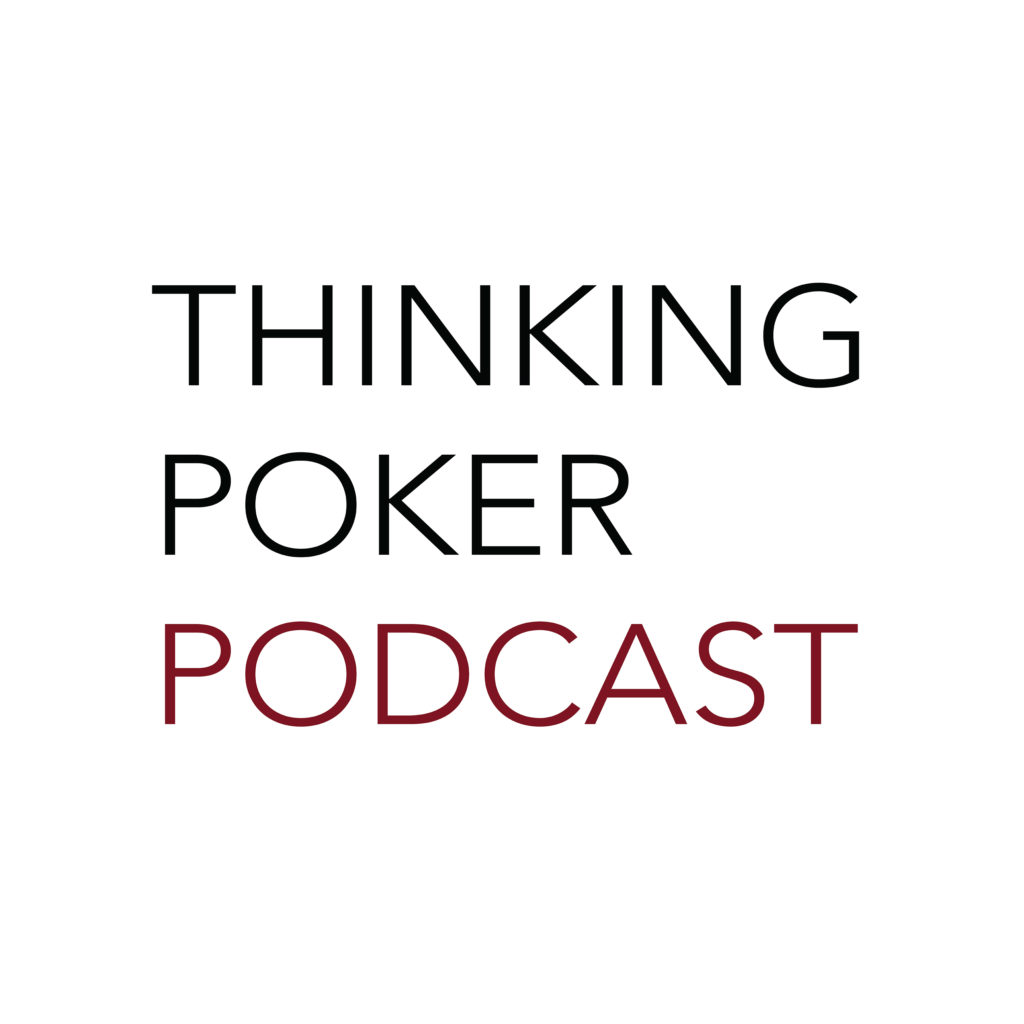






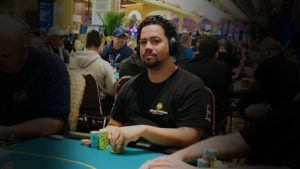


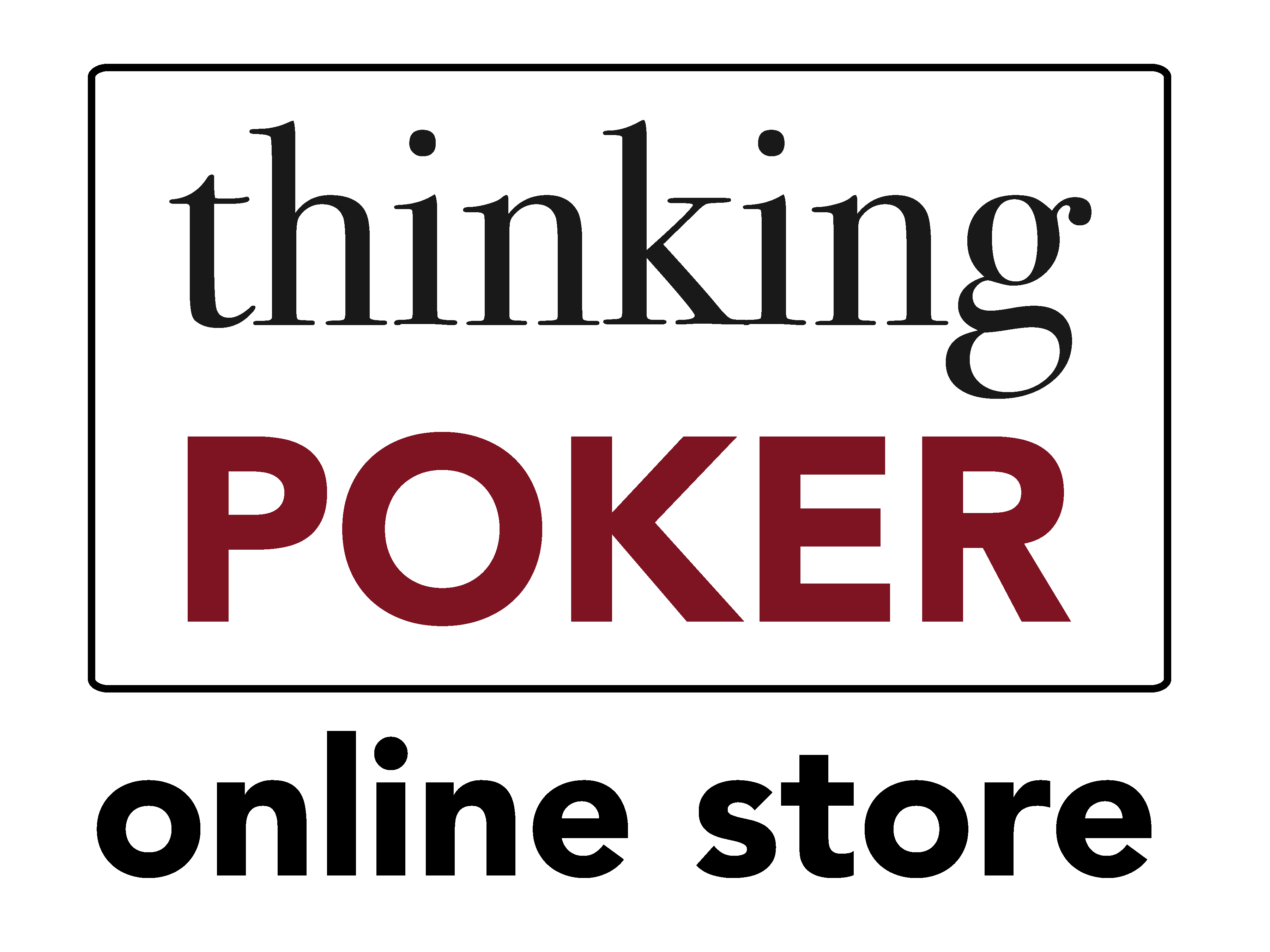
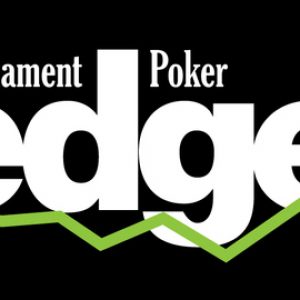
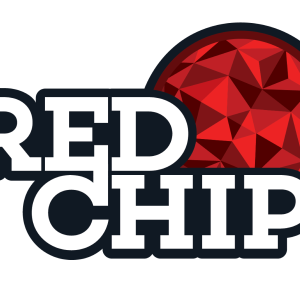
9 thoughts on “The Poker Ethicist: PokerStars Acquires Full Tilt Poker”
Nice post Andrew. Who drew the picture?
You say “no matter how benevolent the owner (who, by the way, is stepping down as a condition of this settlement)” – to me though this wasn’t a sacrifice as his son is still in charge and it was probably his intention to have him take over the business. A better punishment would be not allowing any family members to be involved in the business, but that’s probably not legally possible if they aren’t culpable. Any thoughts on that?
Also, how have you liked Klosterman as the new ethicist? I’m not sure if I agree with all his answers, but have liked his practical approach.
Glad to see a happy ending to the Full Tilt saga and people getting their money back. But I’m not sure how much sense it makes to think about a “long haul” in online poker when there are already bots that beat 5/10 NL with 100BB stacks. In light of this, I also find all the talk about online poker regulation in US and other countries somehow pointless. PokerStars, unlike some competitors, does fight automated botting but nobody has ever managed to explain to me how people could be prevented from simply entering bot decisions manually.
Do you have a link to discussion/proof of bots beating 5/10 NL? Botting isn’t a topic I’ve kept up with but I was surprised to read that.
I would like to know more about this topic. I was accused of botting by Pokerstars after having a couple of winning months with a new TAG style I started using that was paying off. Basically, I refused to play in 3 bet pots OOP without a top 5% hand. I started to win. It was then I was asked on 2 separate occasions to identify myself in the chat box immediately to prove I wasn’t a bot. It wasn’t long after this that I started to lose. I thought it was variance, but the bad beats I took are almost impossible to believe. Time after time. I have left pokerstars over this and am a winning player once again on my new site. Is this how Pokerstars fights automated botting? This tells me that they are manipulating the cards. I play 25NL to 100NL. I’m not a big winner and don’t have the first clue as to how to implement a bot system. It’s too bad, because I did like Pokerstars, but if they think I was cheating, I have no way to prove to them that I’m not.
No bad beats are impossible to believe. I would be beyond shocked if your losing streak had anything to do with the botting accusations – I would find that much harder to believe than any string of bad beats you could show me. I’m not trying to be rude, but you’d have to produce quite a lot of data to convince me of this.
I tried to post links but the comment didn’t get through. But I can find the pages by typing into Google “Alarming news about botting on OnGame” and then going to the 2+2 thread (“Action vs poker bots”) in the News, Views and Gossip forum. It is a follow-up thread to the “Alarming news about botting on OnGame” thread and provides a link to it in the first post.
I got the 100BB information from page 3 of the “Alarming news” thread. 5/10 seems not explicitly mentioned in this thread but “midstakes” is 2/4 to 5/10. An explicit reference to 5/10 (although these could be different bots) appears on page 2 of the “Action vs poker bots” thread.
The threads are actually from last year. I don’t know what happened since then but surely any improvements in the situation would be temporary only.
PokerStars settled the civil case for less than the government was seeking. Perhaps that would have happened regardless of FTP acquisition. But, they did profit by the deal that was made as they paid significantly less to the US government.
As for ROW players, many will just pay rake to PokerStars. So that is money that will be injected into the poker economy. That vast majority of that will end up in PokerStars’ hands as rake.
So, in the end, its about money. This is a +++EV for PokerStars for sure.
Sorry if I missed it, does anyone know if Full-tilt is going to re-open?
oops you said ultimately…so I guess that’s a yes 🙂
Comments are closed.